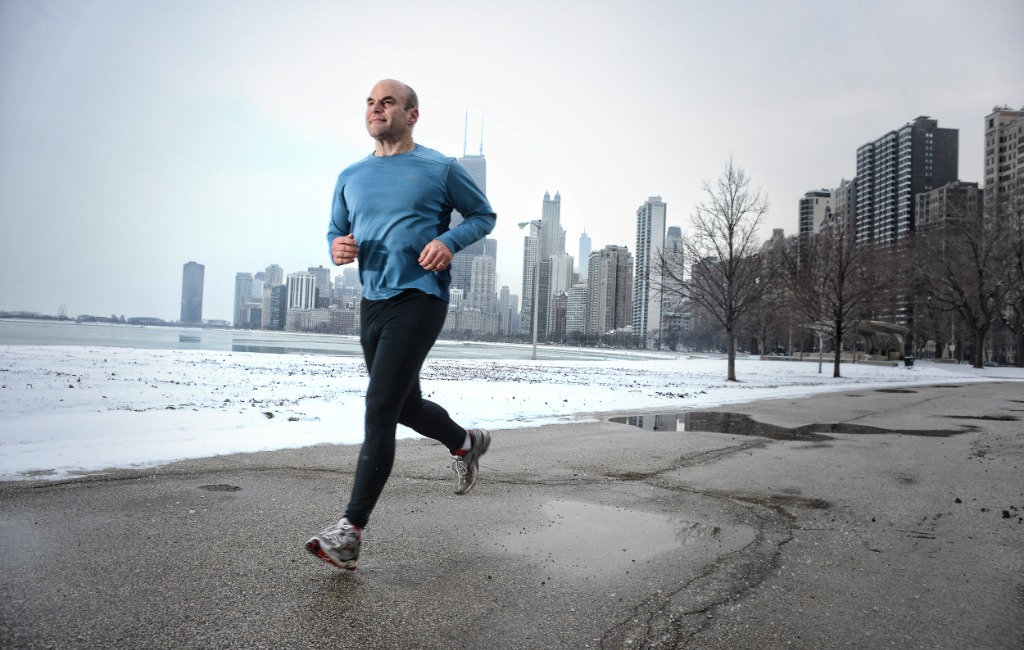Exercise Helps In Sexual Health
By Andrea Cooper
8 March 2023

A comprehensive review of previous research has found that physical activity and pelvic floor exercises could be effective ways to treat premature ejaculation. According to the review of 54 studies involving 3,485 participants from across the world, physical exercise was found to have as beneficial an effect as drugs but without the associated side effects. The study, published in the journal Trends in Urology and Men's Health, notes that despite a high number of scientific research, there is no general consensus on the gold standard for treating premature ejaculation. However, the review found clear benefits of non-pharmacological interventions, particularly physical exercise, and pelvic floor exercises.
Benefits of Physical Exercise and Pelvic Floor Exercises
The review of 54 studies found that physical exercise, including running and engaging the pelvic floor muscles, showed promise in several studies. One small study established that running for 30 minutes five times a week had as much effect as dapoxetine, a commonly prescribed drug for premature ejaculation. Another study looked at carrying out pelvic floor exercises three times a day for three months, which increased the time taken to ejaculate from a median of one minute to three minutes. Lead author Lee Smith, professor of public health at Anglia Ruskin University (ARU), said that these results suggest that physical exercise and pelvic floor exercises could be effective treatments for premature ejaculation, particularly given the limited availability of effective drugs and their associated side effects.
Comparing Physical Exercise and Drugs
The review found that physical exercise was as beneficial as drugs in treating premature ejaculation but without the associated side effects. There are few drugs available for treating the condition, apart from dapoxetine, which has to be taken one to three hours before sex, as well as local anesthetics, clomipramine, and tramadol, many of which have unpleasant side effects. The lack of effective drugs highlights the need for non-pharmacological interventions for premature ejaculation, such as physical exercise and pelvic floor exercises.

Other Approaches for Treating Premature Ejaculation
The review also looked at approaches using various forms of psychotherapy, including sex therapy and couples’ therapy, which showed generally positive results in delaying ejaculation time. However, physical exercise and pelvic floor exercises were found to be more effective and had fewer side effects than these therapies.
Implications for Future Research
The review notes that despite a high number of scientific research, there is no general consensus on the gold standard for treating premature ejaculation. However, the clear benefits of non-pharmacological interventions, particularly physical exercise, and pelvic floor exercises suggest that further investigation is needed to evaluate these treatments. The varying definitions of premature ejaculation and reluctance in some cultures to report the problem make study design difficult, highlighting the need for larger studies to confirm the effectiveness of physical exercise and pelvic floor exercises for treating premature ejaculation.
You Might Also Want To Read This
Popular Posts







